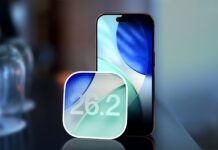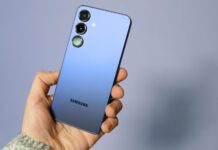Mondhatni az Apple és a Samsung harca már szappanoperába illő, de senki nem gondolta, hogy valaki beleköp a levesükbe.
A pereskedés odáig jutott, hogy Amerikában betiltották az ugyanolyan mobilnetes chippel ellátott készülékeket, vagyis az iPhone 4-t, iPhone 3GS-t, iPhone 3G-t, iPad 2-t és az első generációs iPad-t.

„Mister President” viszont élhetett vétójogával és a vétóbenyújtás határidejének – 60 nap – lejárta előtt pár órával Barack Obama ezt meg is tette. 26 éve nem volt rá példa, hogy Amerikai Elnök vétójogot használt volna.
Mostantól továbbra is forgalmazhatóak a fent említett iPhone és iPad generációk az Egyesült Államokban.

Íme az eredeti szöveg, amit Michael Froman közölt, aki a nemzetközi kereskedelemért felelős alelnök:
In addition, on January 8, 2013, the Department of Justice and United States Patent and Trademark Office issued an important Policy Statement entitled “Policy Statement on Remedies for Standard-Essential Patents Subject to Voluntary FRAND Commitments” (“Policy Statement”).2 The Policy Statement makes clear that standards, and particularly voluntary consensus standards set by standards developing organizations (“SDO”), have incorporated important technical advances that are fundamental to the interoperability of many of the products on which consumers have come to rely, including the types of devices that are the subject of the Commission’s determination. The Policy Statement expresses substantial concerns, which I strongly share, about the potential harms that can result from owners of standardsessential patents (“SEPs”) who have made a voluntary commitment to offer to license SEPs on terms that are fair, reasonable, and nondiscriminatory (“FRAND”), gaining undue leverage and engaging in “patent holdup”, i.e., asserting the patent to exclude an implementer of the standard from a market to obtain a higher price for use of the patent than would have been possible before the standard was set, when alternative technologies could have been chosen. At the same time, technology implementers also can cause potential harm by, for example, engaging in “reverse holdup” (“holdout”), e. g., by constructive refusal to negotiate a FRAND license with the SEP owner or refusal to pay what has been determined to be a FRAND royalty.



















